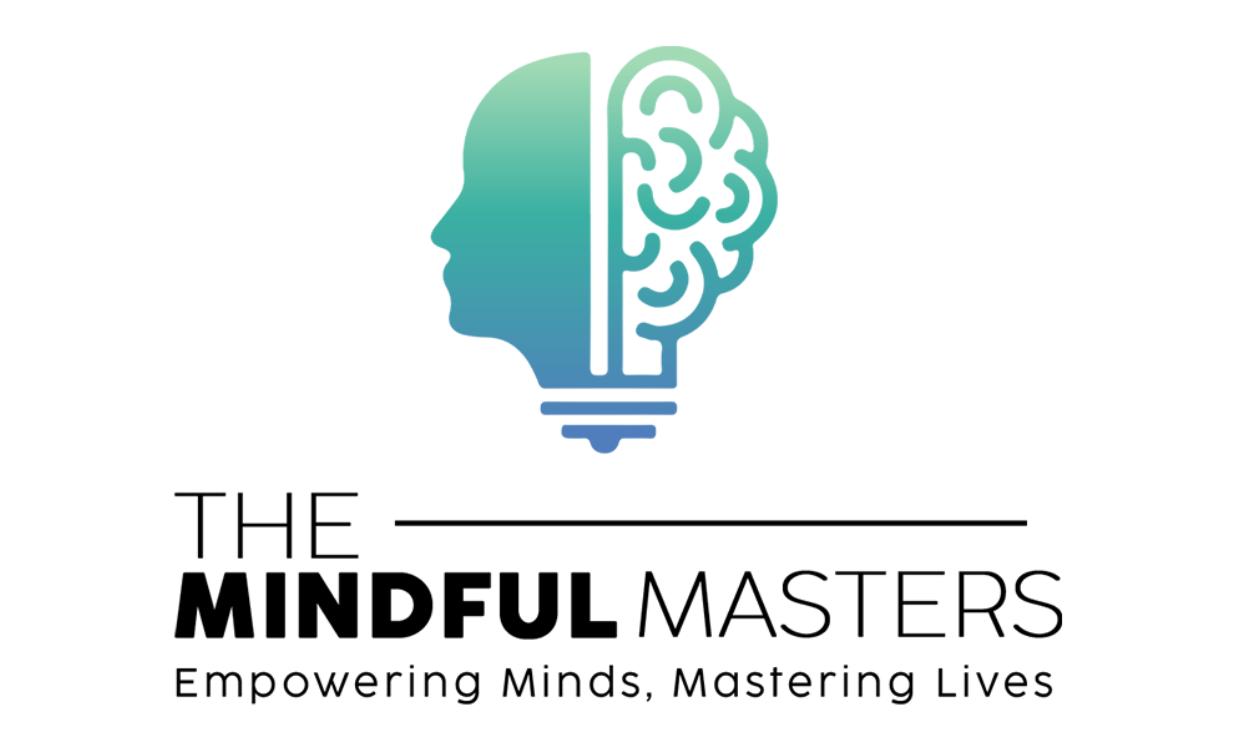Table of Contents
- Introduction
- Understanding Dyslexia
- What is Dyslexia?
- Challenges Faced by Individuals with Dyslexia
- Mindful Strategies to Live with Dyslexia
- Tapping into Inner Resilience: A Story of Transformation
- Pros and Cons of Dyslexia Management Strategies
- Questions to Reflect On
- Practical Tips for Implementing Change
- Free Resource: Downloadable Guide
- Conclusion
- About the Author
Introduction
Living with dyslexia can be a challenging journey, but it doesn’t have to define your limitations. Dyslexia affects approximately 10% of the population, making it one of the most common learning disabilities. But what exactly is dyslexia, and how can you learn to live with it in a way that empowers you? This article explores mindful strategies, practical tips, and transformative stories that will guide you in navigating life with dyslexia, allowing you to reach your fullest potential.
Understanding Dyslexia
Dyslexia is a learning disorder that primarily affects reading skills. People with dyslexia may struggle with reading fluently, decoding words, and spelling, despite having average or above-average intelligence. It is important to note that dyslexia is not related to a lack of intelligence or effort. Instead, it stems from differences in how the brain processes language.
What is Dyslexia?
In simple terms, dyslexia is a neurological condition that makes it difficult for individuals to recognize and process written words. This can lead to difficulties in reading, writing, and spelling, but it doesn’t affect one’s ability to understand complex ideas or concepts. Dyslexia is a lifelong condition, but with the right support and strategies, individuals with dyslexia can learn to overcome these challenges and thrive in various aspects of life.
Challenges Faced by Individuals with Dyslexia
Individuals with dyslexia often face unique challenges, especially in educational settings. Reading comprehension, spelling, and writing assignments can be particularly daunting. Additionally, the constant struggle to keep up with peers can lead to frustration, low self-esteem, and anxiety. However, by understanding these challenges and adopting mindful strategies, it is possible to create an environment where individuals with dyslexia can flourish.
Mindful Strategies to Live with Dyslexia
Mindfulness plays a crucial role in managing the symptoms of dyslexia. By staying present and focused, individuals can reduce the anxiety associated with learning difficulties and approach challenges with a calm and centered mindset. Techniques such as deep breathing exercises, grounding techniques, and mindful meditation can be highly effective in managing stress and improving focus.
Curious about how mindfulness can help you manage dyslexia? Learn more about these techniques [here].
Tapping into Inner Resilience: A Story of Transformation
Let me share the story of a young student named Jake. Jake was diagnosed with dyslexia at an early age and struggled with reading and writing throughout his school years. Despite his challenges, Jake was determined not to let dyslexia define him.
During our first coaching session, I asked Jake, “What strengths do you believe you possess, despite your reading difficulties?” This question was intended to shift his focus from his challenges to his strengths. We used a technique called Strength-Based Reflection, where we identified his abilities in areas like creativity, problem-solving, and critical thinking.
Want to know how Strength-Based Reflection works? Click [here] to explore the technique.
Next, I introduced Jake to the Visualization Technique to help him imagine himself succeeding in tasks that previously caused him anxiety. This method involves creating a vivid mental image of oneself successfully completing a task, which can significantly boost confidence and reduce fear.
To learn more about the Visualization Technique, click [here].
In our subsequent sessions, we explored the use of Assistive Technology, such as text-to-speech software and audiobooks, to support his learning. I asked him, “How can these tools help you in your day-to-day learning?” By incorporating technology, Jake found reading less overwhelming and began to excel in his studies.
Discover how Assistive Technology can make a difference [here].
As Jake implemented these strategies, he noticed a significant improvement in his academic performance and self-confidence. By the end of our coaching program, Jake was not only managing his dyslexia effectively but also thriving in his personal and academic life.
Pros and Cons of Dyslexia Management Strategies
Every approach to managing dyslexia has its pros and cons. Let’s explore the benefits and challenges of different strategies:
Pros:
- Increased Confidence: Using assistive technologies and mindfulness techniques can boost self-esteem and reduce anxiety.
- Improved Learning Outcomes: Tailored strategies like text-to-speech software can significantly enhance reading and writing skills.
- Better Focus: Mindfulness techniques can help individuals with dyslexia stay focused and manage stress effectively.
Cons:
- Overreliance on Technology: Excessive dependence on assistive tools may limit the development of reading skills.
- Initial Frustration: Implementing new strategies may be challenging at first, leading to temporary frustration.
- Resource Availability: Access to specialized tools and coaching may be limited for some individuals due to cost or location.
Questions to Reflect On
- What are the specific challenges you face in managing dyslexia?
- How can mindfulness and assistive technologies help you overcome these challenges?
- What strengths do you possess that can help you navigate life with dyslexia?
Practical Tips for Implementing Change
- Embrace Assistive Technology: Tools like text-to-speech software and audiobooks can make reading and writing more accessible.
- Practice Mindfulness: Incorporate mindfulness exercises into your daily routine to reduce anxiety and improve focus.
- Seek Support: Remember, you don’t have to do it alone. Reach out to educators, coaches, or support groups for guidance and encouragement.
Free Resource: Downloadable Guide
As a thank you for reading, we’re offering a free downloadable guide on living with dyslexia. This guide provides practical strategies, mindfulness exercises, and resources to help you thrive. Click [here] to download now and start your journey to living well with dyslexia!
Conclusion
Living with dyslexia can be challenging, but it doesn’t have to be limiting. By understanding what dyslexia is, adopting mindful strategies, and leveraging your strengths, you can live a fulfilling and successful life. Remember, it’s not about overcoming dyslexia; it’s about learning how to live with it in a way that empowers you.
Ready to take control of your dyslexia journey? Our coaching sessions offer personalized guidance using the techniques we’ve discussed. Book your session [here] and start living your best life today.

About the Author
Tapan Gupta is a Master Coach and the founder of The Mindful Masters. With a deep understanding of mindfulness, emotional intelligence, and personal growth, Tapan has guided countless individuals on their journey to self-discovery and transformation. His approach is rooted in practical mindfulness techniques that empower his clients to overcome challenges and achieve their fullest potential.

About the Author
Tapan Gupta is a Master Coach and the founder of The Mindful Masters. With a deep understanding of mindfulness, emotional intelligence, and personal growth, Tapan has guided countless individuals on their journey to self-discovery and transformation. His approach is rooted in practical mindfulness techniques that empower his clients to overcome challenges and achieve their fullest potential.
Find me on:
Related Blogs
Before That Interview or Date, Talk to Yourself Like This
The way you talk to yourself before important moments like interviews or dates can make a huge difference in how…
Scrolling Too Much? Mindfulness Might Be Your Exit Plan
Endless scrolling through social media might feel like a harmless way to pass time but it actually takes a heavy…
Your Emotions Are Costing You Energy—Here’s How to Handle Them
Emotions like stress, anger and anxiety can quietly drain your mental and physical energy without you even noticing. When emotions…
Tired of Overthinking Everything? Try These NLP Mind Hacks
Overthinking isn’t just a habit as it’s a mental loop that hijacks your peace. Whether it’s replaying awkward conversations, doubting…
What Self-Coaching Really Means (And Why It Matters)
Sometimes, even when you’re putting in all your effort, you still feel stuck — and that’s okay. As a coach,…
Ask These 5 Questions Before Making Decisions: A Guide to Clarity and Confidence
Before making any significant decision, ask these five essential questions to ensure your choices align with your values and long-term…





